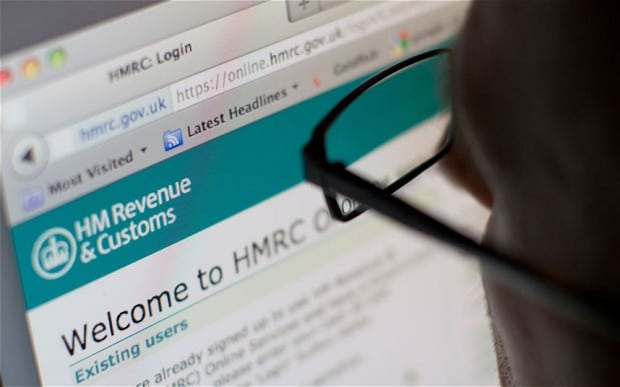IHT can be mitigated by giving away assets at least seven years before death. This is not an attractive option, as a person rarely know when they are going to die, and will seldom be content to rely on their relatives to maintain them, so this is generally a non-starter.
But there is another option, and one which is finding increasing favour; the qualifying non-UK pension scheme (QNUPS). A QNUPS is exempt from UK IHT on the member’s death.
There can be problems if the only reason for setting up a QNUPS is to avoid UK IHT. There is a danger that, where the member is in ill health and sets up the QNUPS with the sole objective of avoiding IHT, HMRC could seek to attack the arrangement. They would do this by trying to claim the pension was essentially a sham and was no different to a normal trust. This could lead to the member suffering a lifetime IHT charge on the transfer into the QNUPS, and a further charge on his death if he were to die within seven years. But there are so many other well-documented advantages in setting up a QNUPS that these additional motives should be easy to point to in order to rebut the suggestion of IHT avoidance should it ever be made.
The UK Government has shown that it is not beyond raiding UK pensions when it needs money to prop up its own finances. At the moment it needs money arguably more than at any time since the Second World War. This is not unique to the UK Government – most of the EU governments are in the same boat. Anything which puts assets into a friendlier tax climate, allowing more flexibility in their administration and drawing down, while also carrying substantial IHT tax advantages, would seem to be a very attractive proposition which should be grabbed with both hands.
A QNUPS can hold most assets subject to the Trustees consent; UK residential property (but not your main residence), fine wine, fine art and antiques may all be acceptable. Assets which will depreciate, such as cars and yachts, are generally excluded. Your investment decisions should be based on your specific circumstances and objectives. You should always seek advice and consult with a tax and wealth management specialist on how QNUPS can help you in your individual circumstances.
This communication is for informational purposes only and is not intended to constitute, and should not be construed as, investment advice, investment recommendations or investment research. You should seek advice from a professional adviser before embarking on any financial planning activity. Whilst every effort has been made to ensure the information contained in this communication is correct, we are not responsible for any errors or omissions.

 If you are resident in Spain (if you live here more than 183 days in a calendar year, the Spanish tax authorities and in turn the UK HMRC will class you as Spanish resident) and held assets outside Spain as at 29 December 2017 worth over Euro 50,000, and you haven’t already declared them on a Modelo 720, you need to so by the end of March.
If you are resident in Spain (if you live here more than 183 days in a calendar year, the Spanish tax authorities and in turn the UK HMRC will class you as Spanish resident) and held assets outside Spain as at 29 December 2017 worth over Euro 50,000, and you haven’t already declared them on a Modelo 720, you need to so by the end of March.